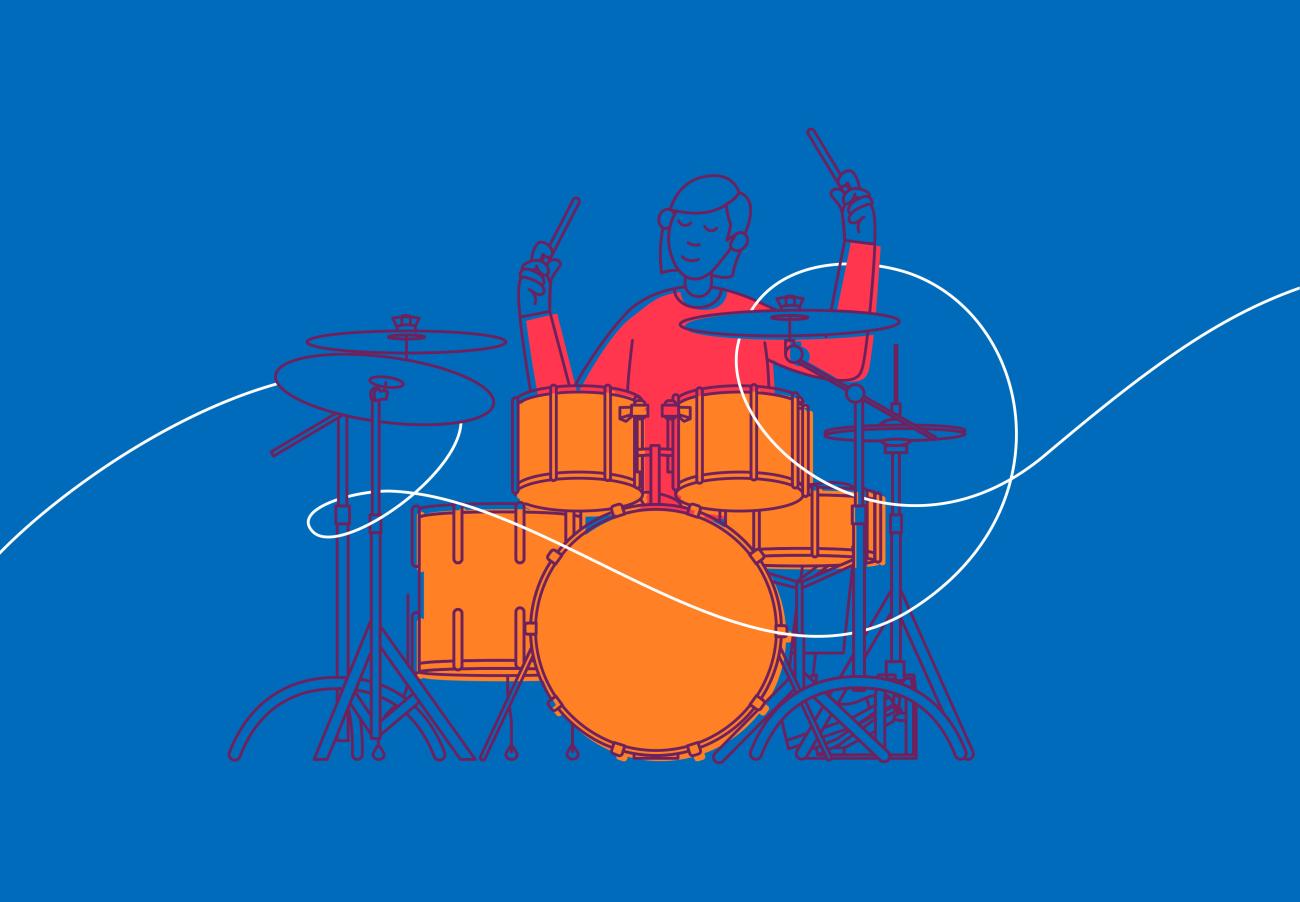The joy of performance – Connor’s story

We asked some of our scholars, studying at our partner Royal Schools, to share their feelings about performance and provide some tips. This week we hear from Connor…
What’s your name and where are you from?
My name is Connor Huss and I’m from Solihull in the West Midlands.
What instrument do you play and where are you studying? Is there a specific area of music you are most interested in?
I play the bassoon (and contrabassoon!) and I’m studying a BMus performance degree at the Royal Northern College of Music in Manchester. I’m especially passionate about orchestral music – there’s something really thrilling about a huge group of musicians feeling the music together and communicating that with an audience, whether you’re playing, conducting or listening.
How does performing make you feel?
Performing is fun! As musicians, we can spend so much more time practicing by ourselves than performing to others, so I often find it freeing to finally get to share this music with an audience. I love feeling like I’m communicating with the audience whilst performing.
What’s your most inspiring performance environment?
Any environment where everyone is responsive to each other musically – whether that’s an orchestral concert, or chamber music, or just you and a pianist. Being comfortable enough with the music and each other as musicians to experiment and push boundaries live in a performance is really special, and I think that’s where I’ve always felt most inspired to play my best, technically and musically.
What makes a great musical performer?
I think the best performers are musicians who commit to every marking and character to the extreme, but know exactly where the line is. If they want to, they can play incredibly loudly, but they never go too loud and let the intonation and tone quality suffer. They can play so quietly it’s barely audible, but they never try so hard to be quiet that the note doesn’t speak.
What are your tips for performing to camera?
Try and approach it in the same way you would approach a concert, and try to get it done in one or two takes. In the end, we need to choose the set of mistakes we’re happiest with making, rather than waiting to get one perfect take. I’ve found that when performing to camera I need to make dynamic differences much more extreme in order for them to be picked up by the camera.
How do you prepare for a performance?
I like to practise the technical problems far in advance of the performance. If you allow enough time, it’s better to consistently be able to play passages accurately, rather than knowing that you can get it all right on a good day. Starting further in advance means that you can avoid over-practising close to the performance: this way, I keep more stamina for the actual performance, and I can keep coming to the music fresh rather than getting bored of it.
How do you deal with nerves?
I often find it encouraging to feel a little rush of nerves. With adrenaline, we can do things we wouldn’t otherwise be able to, and it’s frequently this that lifts a performance up and gives it a real sense of excitement. If nerves are really getting to me, I try and focus on keeping my breaths deep and regular.
Performance Grades are available for a wide range of instrumental and singing subjects, including jazz and musical theatre. Find out more.

